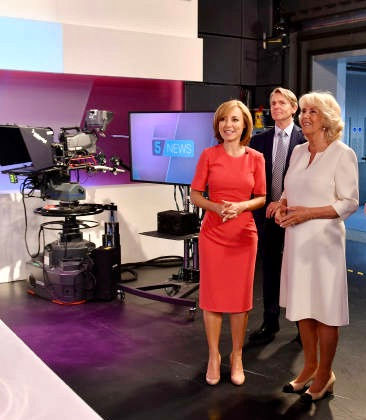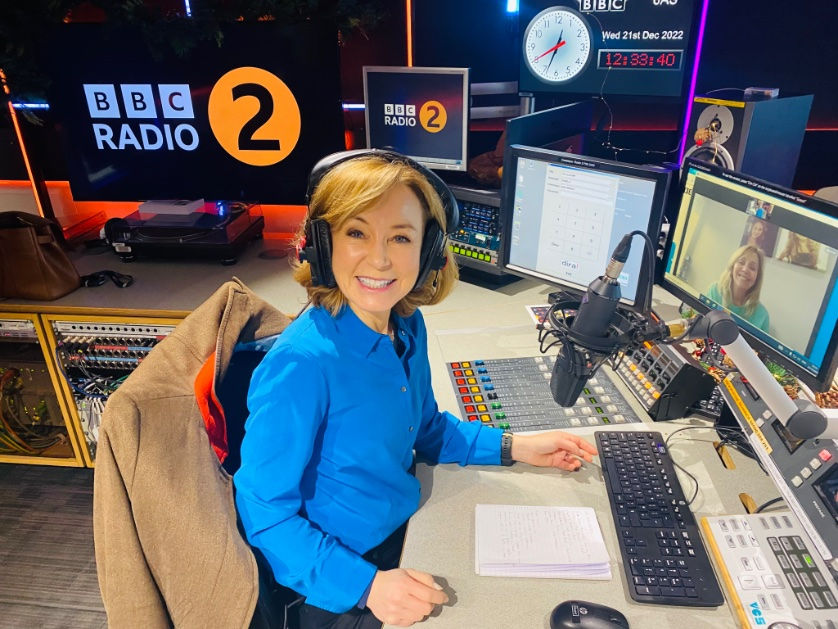

.jpg)
Broadcasting: Where Media Meets The Mind
My broadcasting work reflects my move into psychology. Every morning, on BBC Radio 3 Unwind I present ‘Classical Unwind’, with calming classical music and well-being tips to help you focus and set you up for the day. I also host one of the most listened-to series on BBC Sounds, Radio 4’s ‘Life Changing’, talking to people who have lived through extraordinary events that have reshaped their lives in transformative and unpredictable ways. The show has had millions of downloads across the series.


Broadcasting Background



My background was initially in political programmes – making daily news and current affairs for 'BBC Radio 4' for many years. My last job there was producing the 1997 General Election programme for 'BBC Radios 4' and '5 Live'. I then moved to TV to be one of the launch presenters of the new, rolling news channel, 'News 24' (now the 'BBC News' Channel), before becoming the Special Correspondent for the 'BBC News at Six'.
I was the anchor of 'BBC Breakfast', spending eleven years on the red sofa alongside many wonderful colleagues. I continued to present network news bulletins and prime-time series before becoming co-host of 'BBC Radio 4’s Saturday Live'.

Then, it was off to 'ITN', to become the main anchor on 'Channel 5 News' for six years and present six series of ITV’s 'Save Money, Good Health'.
Now, I’m back at the 'BBC', with my radio shows 'Life Changing' and 'Classical Unwind'.


What People Say about Life Changing
Daily Mail
‘Sian Williams was a hugely popular face on BBC Breakfast and Channel 5 News before retraining as a psychologist. She brings skills from both careers to this gripping show’.
Irish News
‘Life Changing is a series that demands attention. The strange but true stories of people's lives is an addictive listen'
Radio Times
‘Her gentle empathic approach encourages guests to tell their own stories without glossing over the more difficult areas…never intrusive, this series is an absolute gem’.
Podcast Rex
'Williams uses her experience as a journalist to ask engaging questions, whilst using her psychotherapy skills to show empathy and insight about trauma and recovery’
